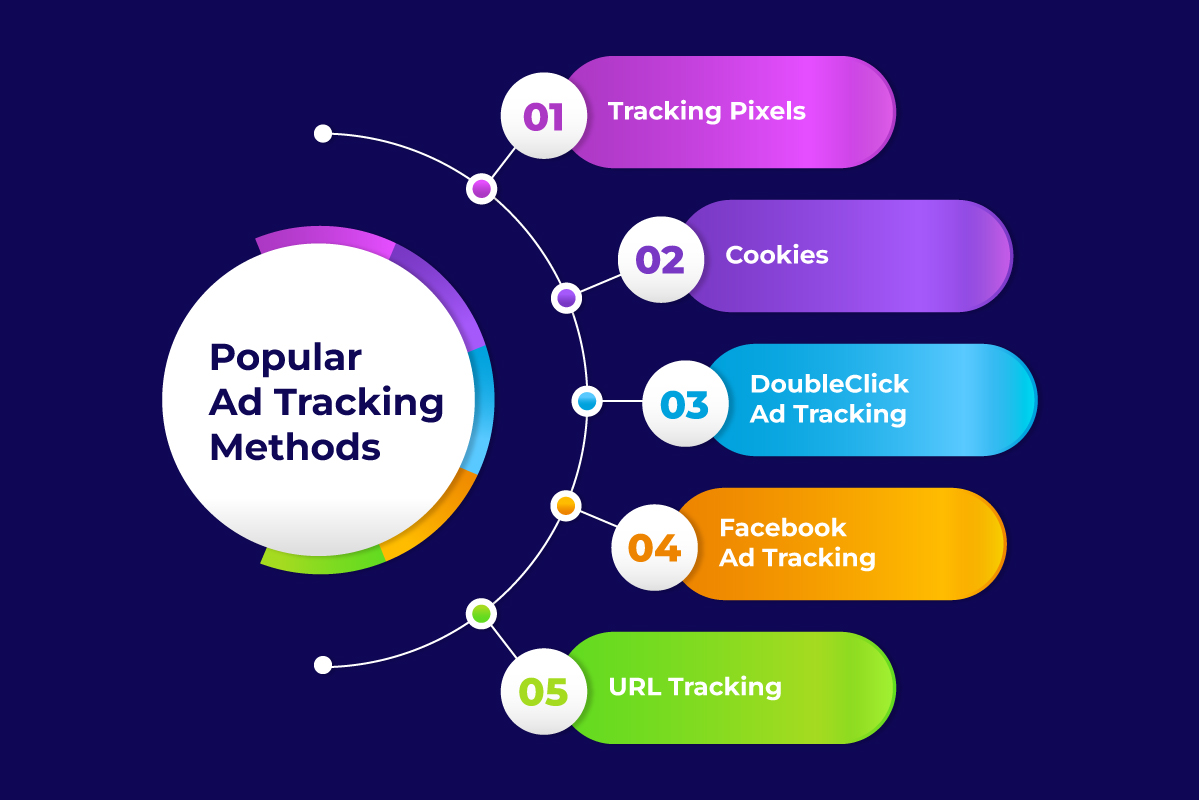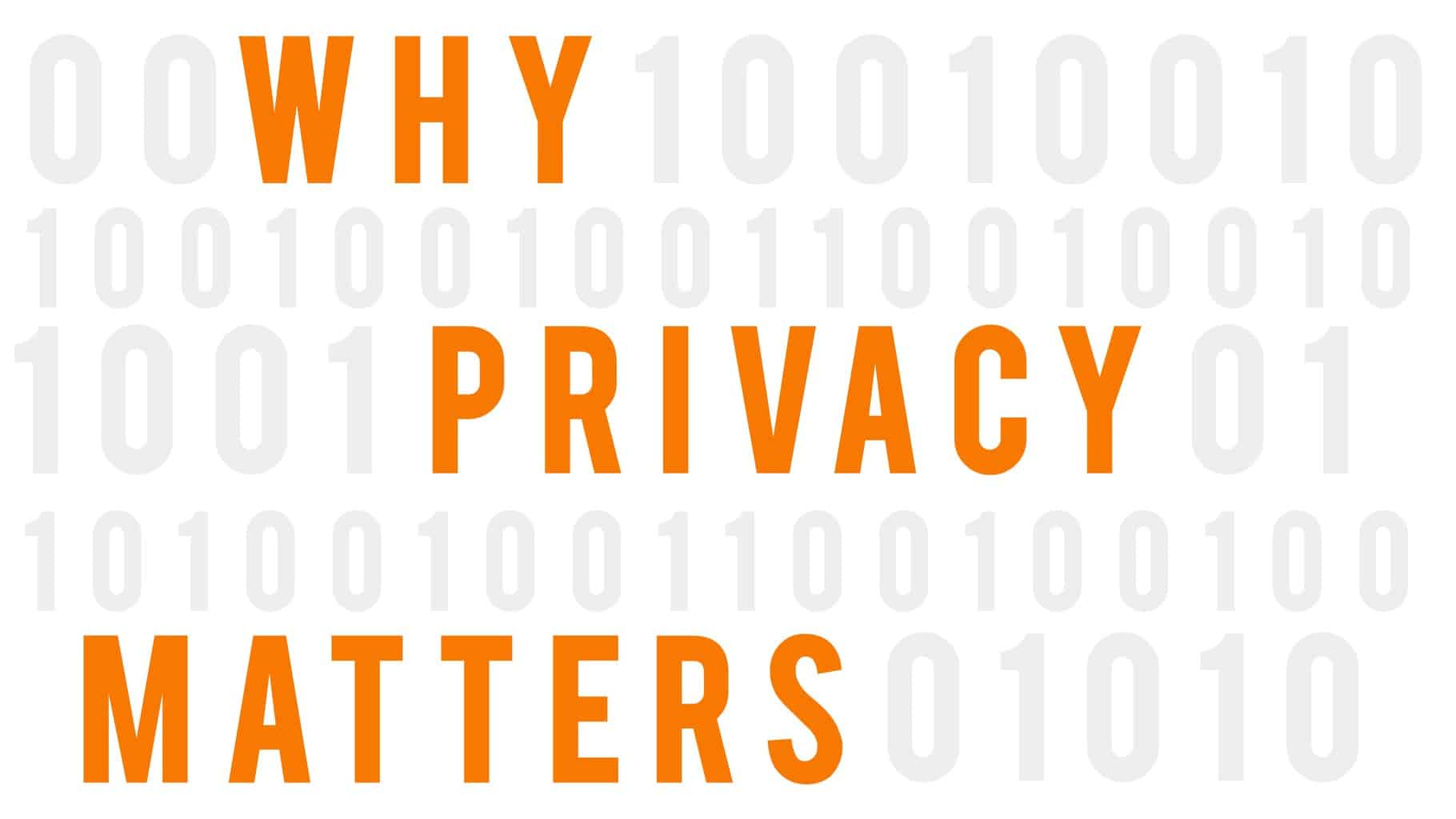
The Dark Side of Personalization: How Online Advertising is Invading Our Privacy
As I sat at my desk, sipping my morning coffee, I couldn’t help but feel a sense of unease as I scrolled through my favorite news site. It wasn’t the headlines that caught my attention, but the eerie sense that the ads were watching me. How did they know I was planning a vacation to Hawaii? How did they know I was in the market for a new laptop?
The answer lies in the world of online advertising, where cookies and personal data are the currency of the realm. Companies like Yahoo, with its vast network of sites and apps, are leading the charge in this Brave New World of targeted advertising.
The Cookie Conundrum
Cookies, those small text files that track our every move online, are the backbone of modern advertising. They allow companies to authenticate users, prevent spam and abuse, and measure the effectiveness of their ads. But they also allow for something far more sinister: the creation of detailed profiles of our online activities.
These profiles, built from the digital breadcrumbs we leave behind, are then used to serve us ads that are tailored to our interests. It’s a process that’s both fascinating and terrifying, as it reveals the depths of our online behaviors.
The hidden world of personal data
The Cost of Convenience
So what’s the cost of this convenience? For one, it’s the erosion of our online anonymity. When we click ‘Accept all’ on those pesky cookie banners, we’re essentially giving companies like Yahoo permission to track our every move. We’re trading our privacy for the sake of convenience, and it’s a trade that’s rarely explicitly stated.
A World Without Borders
But there’s another cost, one that’s more insidious. The use of cookies and personal data to create targeted ads is also creating a world without borders. When companies can track our every move, they can also track our interests, our fears, and our desires. It’s a world where the lines between advertising and manipulation are blurred, and where the notion of ‘free’ becomes a myth.
 The ad tracking ecosystem
The ad tracking ecosystem
Taking Back Control
So what can we do? For starters, we can take back control of our online experiences. We can use tools like ad blockers and cookie managers to limit the amount of data we share with companies. We can also support legislation that regulates the use of personal data, like the GDPR in Europe.
But most importantly, we need to be aware of the trade-offs we’re making when we click ‘Accept all’. We need to understand that our online activities are being tracked, and that the cost of convenience is our privacy.
 The importance of online privacy
The importance of online privacy
Conclusion
The world of online advertising is complex, and the use of cookies and personal data is just one part of it. But as we move forward in this Brave New World, it’s essential that we remember the value of our online anonymity. We must take back control of our data, and we must demand that companies like Yahoo prioritize our privacy over their profits.














